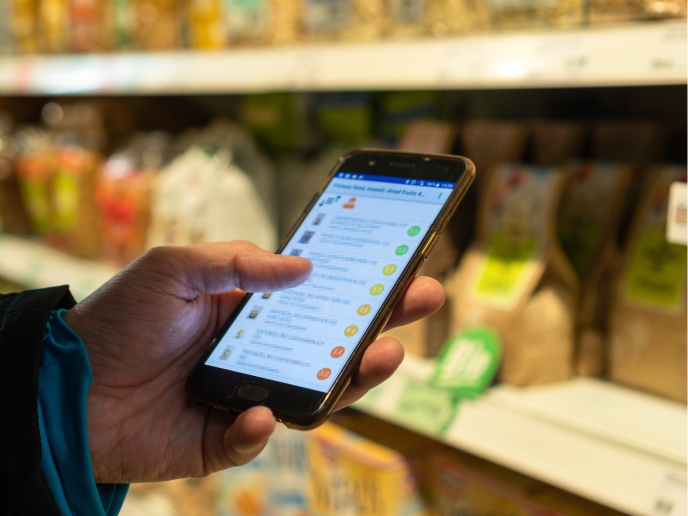The dawn of ASSET consumerism
For consumers, understanding which products in a supermarket are produced correctly according to their individual needs is challenging. This is because it is not always clear what various products do for health, the environment or political views. Additionally, what is good for one consumer might be insignificant for another. Towards collective consumerism “The ASSET(opens in new window) project set out to address this by demonstrating and facilitating a new form of consumerism,” explains Dr Johannes Klinglmayr, the project coordinator. This consumerism emphasises the power of collective purchase decisions that originate from the independent literate choice of the individual. It also encourages collective consumerism by empowering an individual to articulate their needs. “Our goal was twofold,” Dr Klinglmayr notes. Firstly, it was to develop a pilot platform that allows consumers to have a simple overview of how products relate to their personal attitude. Secondly, it was to study how the tools within the platform affect people’s awareness and potentially their purchasing behaviour. ASSET achievements “We developed a pilot platform that was implemented at two shops of participating retailers. One in Austria and one in Estonia,” outlines Dr Klinglmayr. The platform is an innovative combination of distributed social networks, a sensor network and knowledge co-creation networks. Consisting of a consumer user interface via a smartphone app, it builds upon recent developments in open source, open hardware, seizing the full potential of mobile communications and links to social media. It includes a user localisation system at a supermarket, deploying a sensor network, and an ASSET database system, collecting open data and integrating networks. The pilot platform is a prototype development involving consumers, retailers, a social science department and research institutions. The smartphone app was tested in two separate field tests, each lasting three months. “Within the field tests, we involve existing communities of users. Doing so, we demonstrate how the new form of political consumerism forms a community, how it educates people and how it multiplies,” adds Dr Klinglmayr. The project was able to demonstrate the formation of collective awareness and thereby facilitate sustainable consumption. Usage patterns were aggregated and analysed and results indicate that field test participants increased their awareness on sustainability and value the complexity reduction approach and the rating methodology. Furthermore, the ASSET pilot platform provides tools for better decision-making, increases the scope of action and empowers the consumer. ASSET in the future In the food sector, vivid ecosystems of innovative ideas have emerged. Most of them focus on new functionality and how to harvest them. The ASSET pilot platform presents a way to create new values with these new functionalities and to test them with users. “We are in contact with and are still looking for further players such as retailers for extending the field tests,” says Dr Klinglmayr. With their experience on realising a prototype, ASSET can better assess both value and risks for new endeavours in this direction. “Consequently, we offer to support, consult and prototype ASSET-related solutions directly with retailer service providers. We also engage in related research projects,” Dr Klinglmayr confirms.







